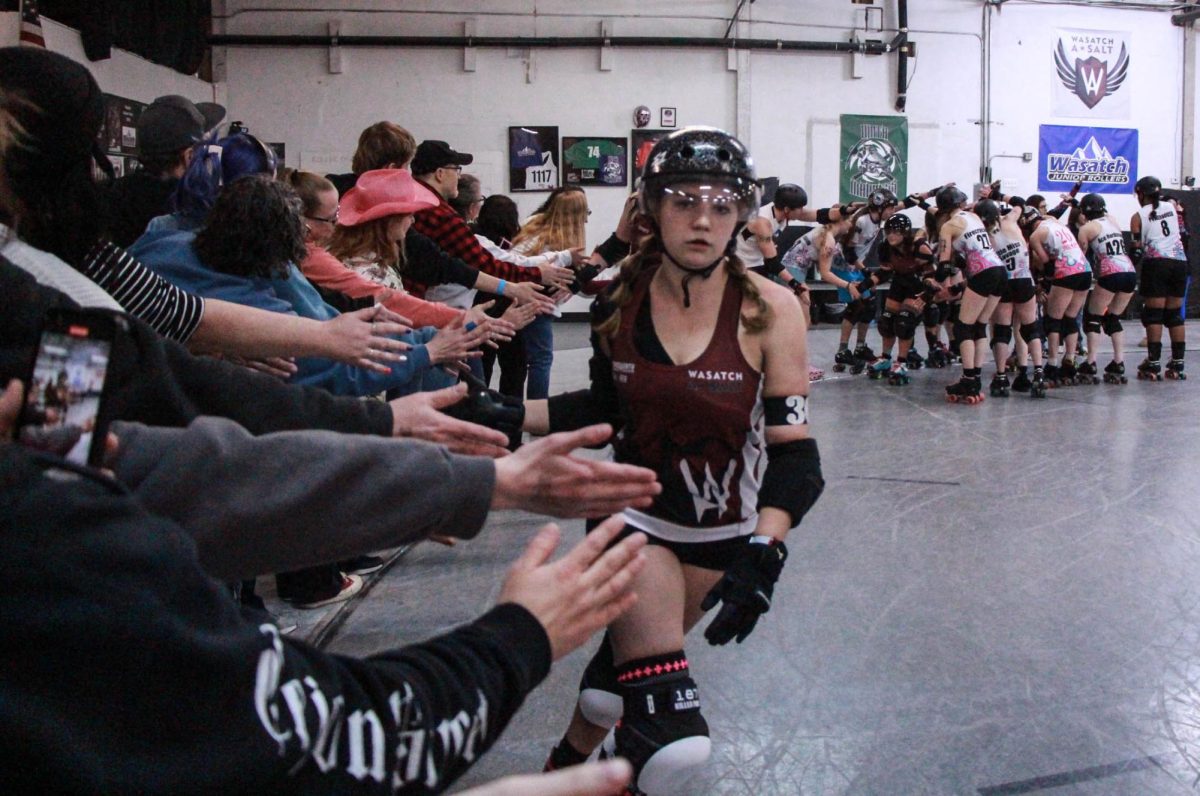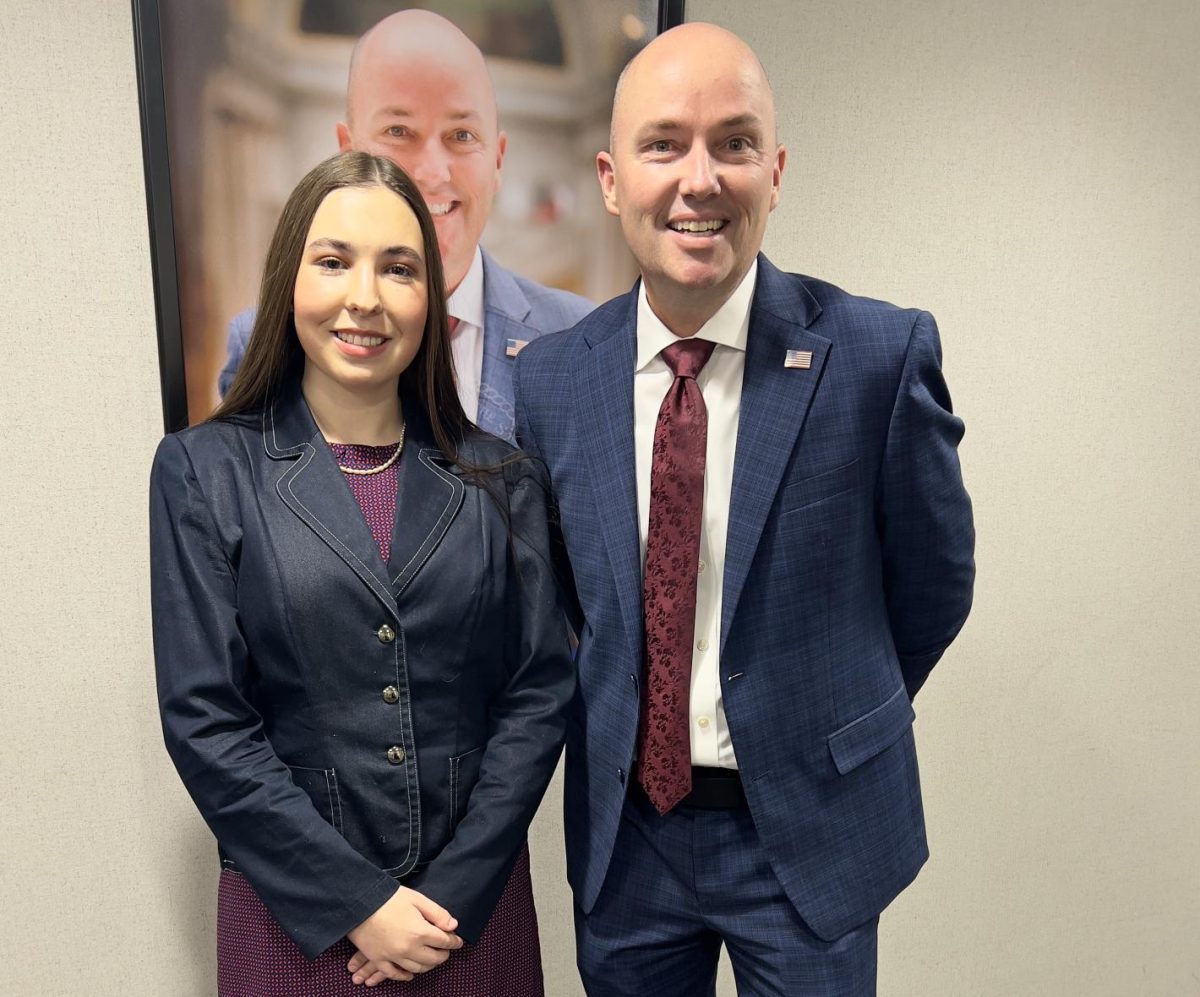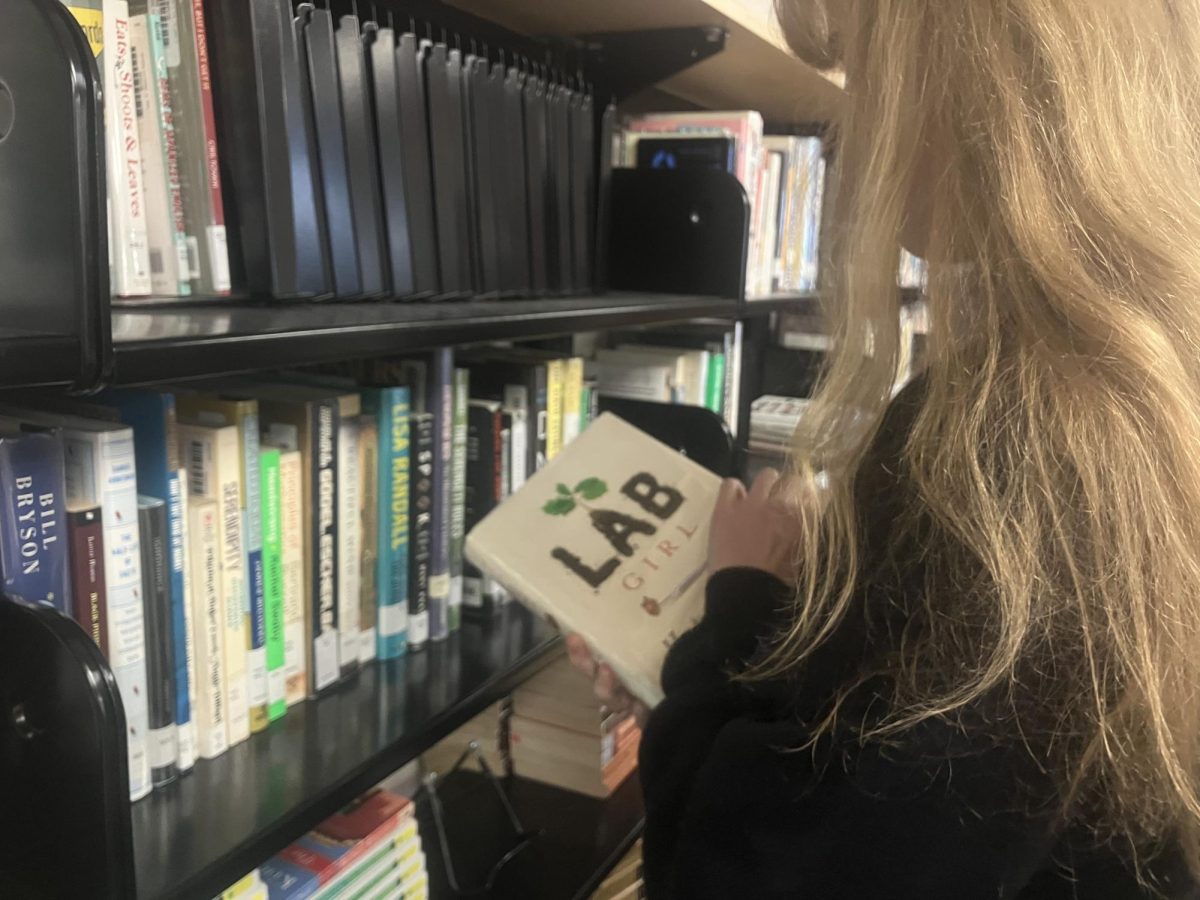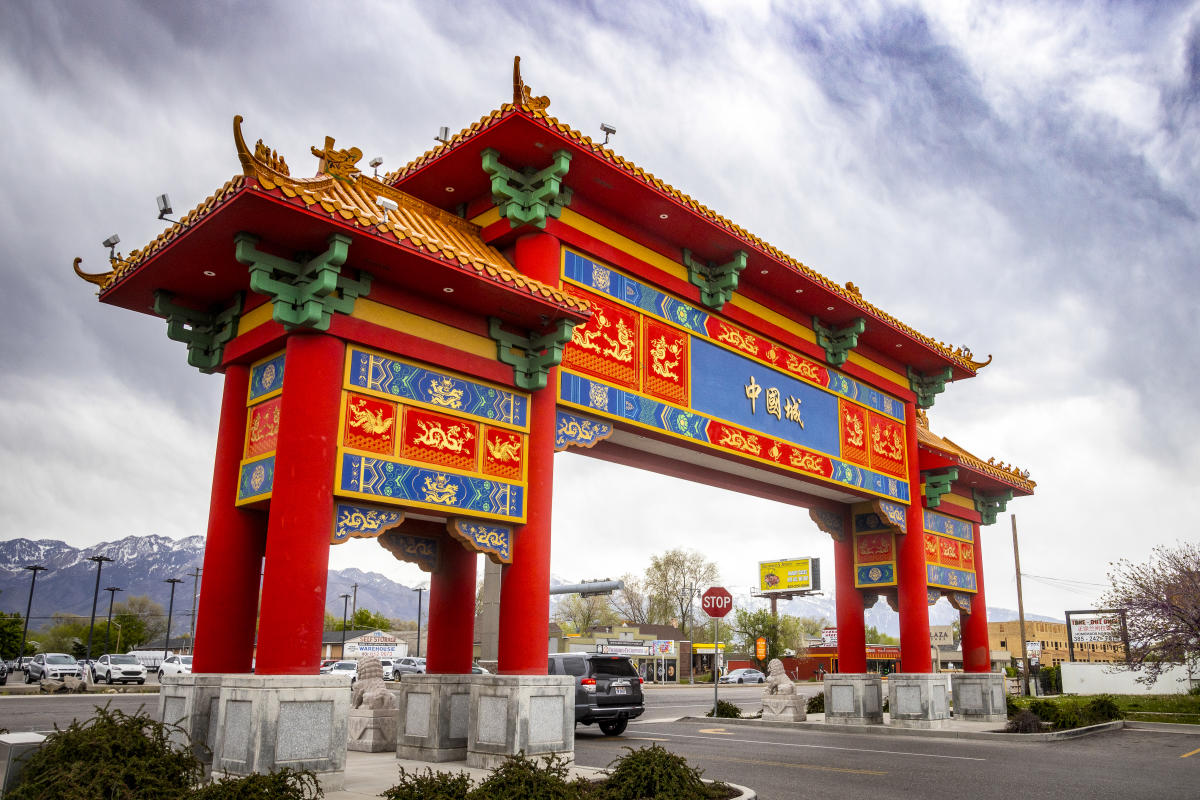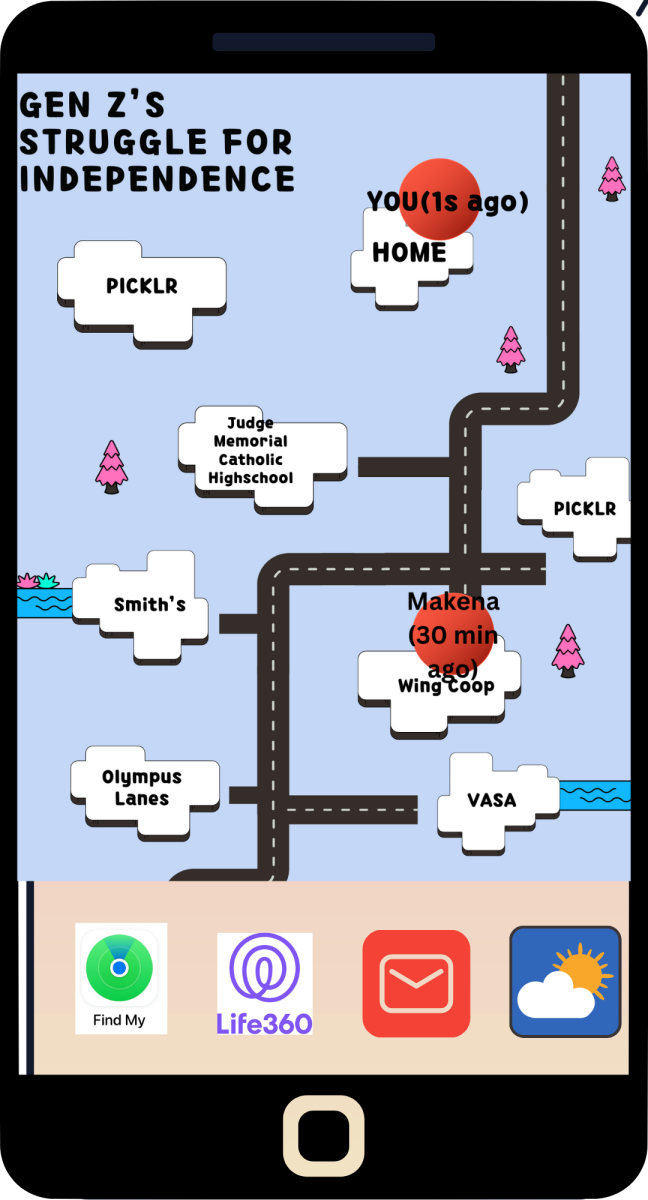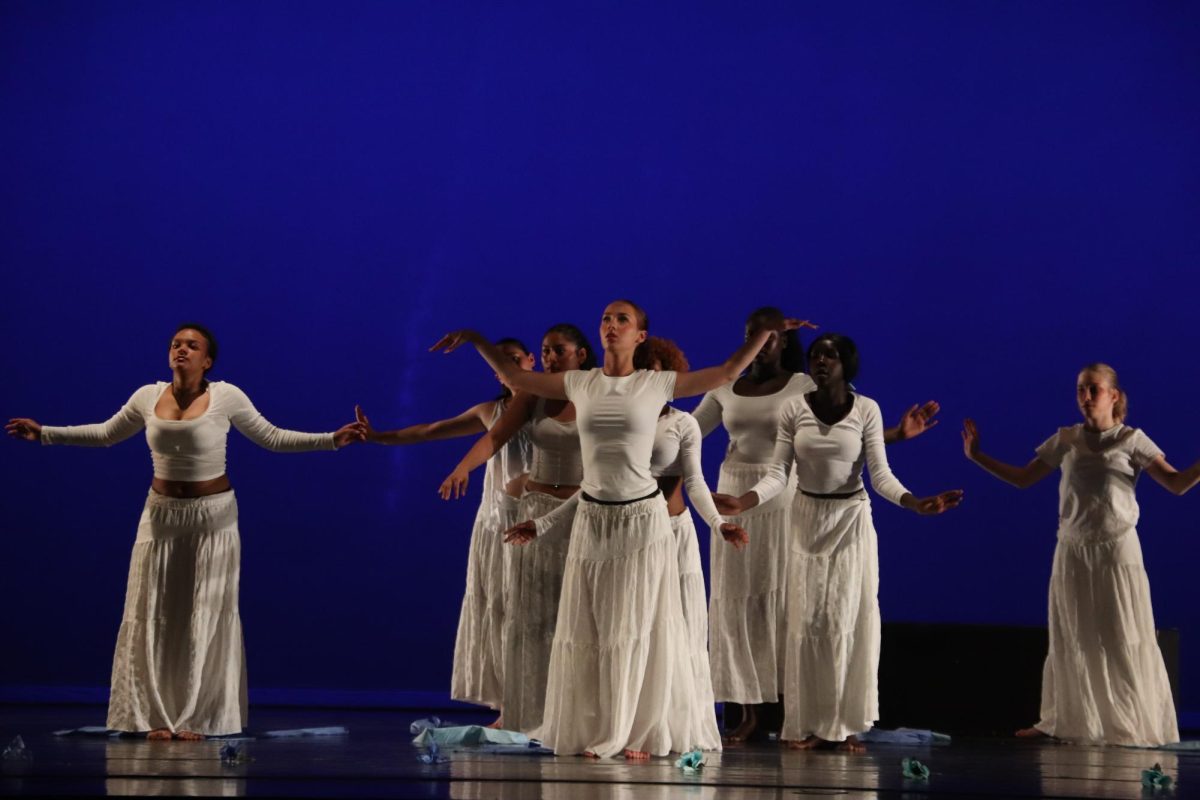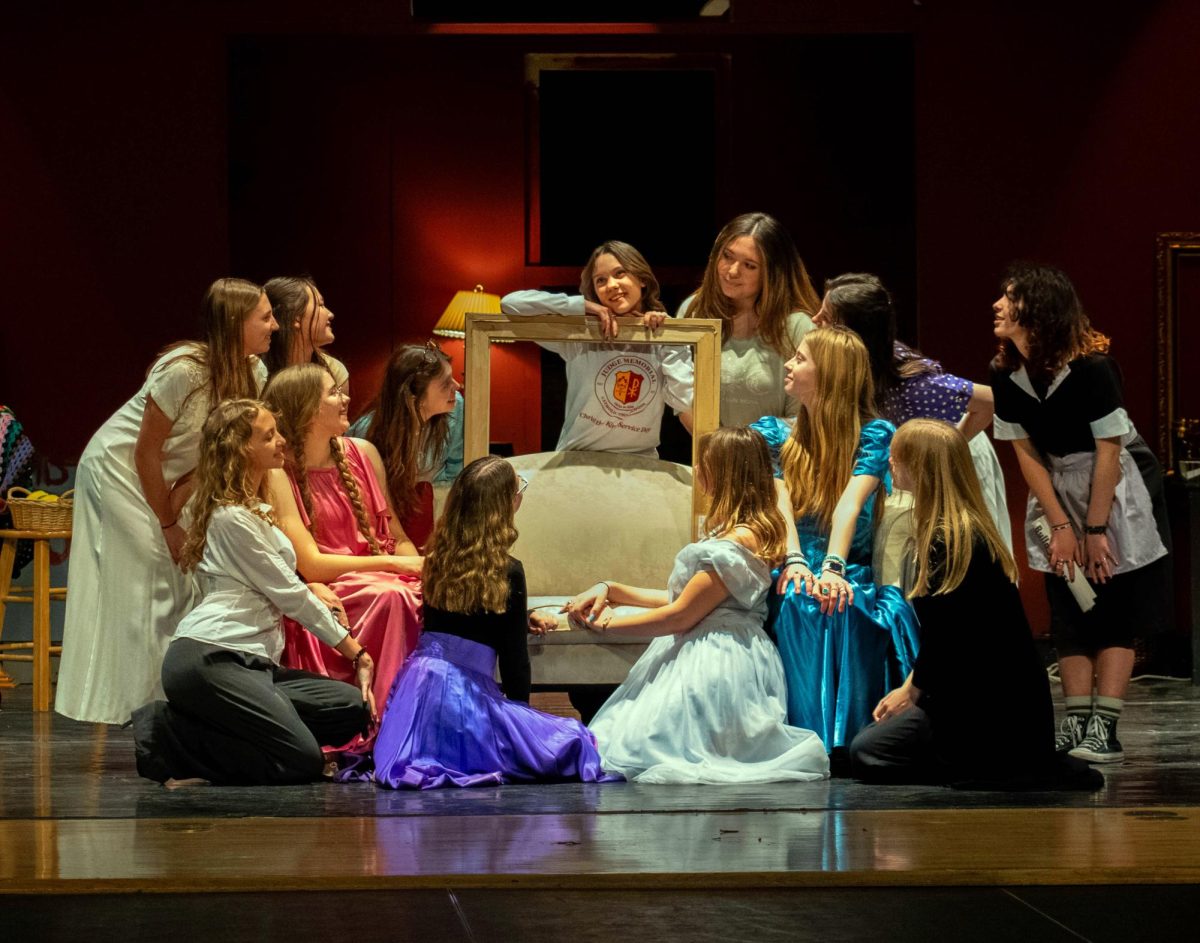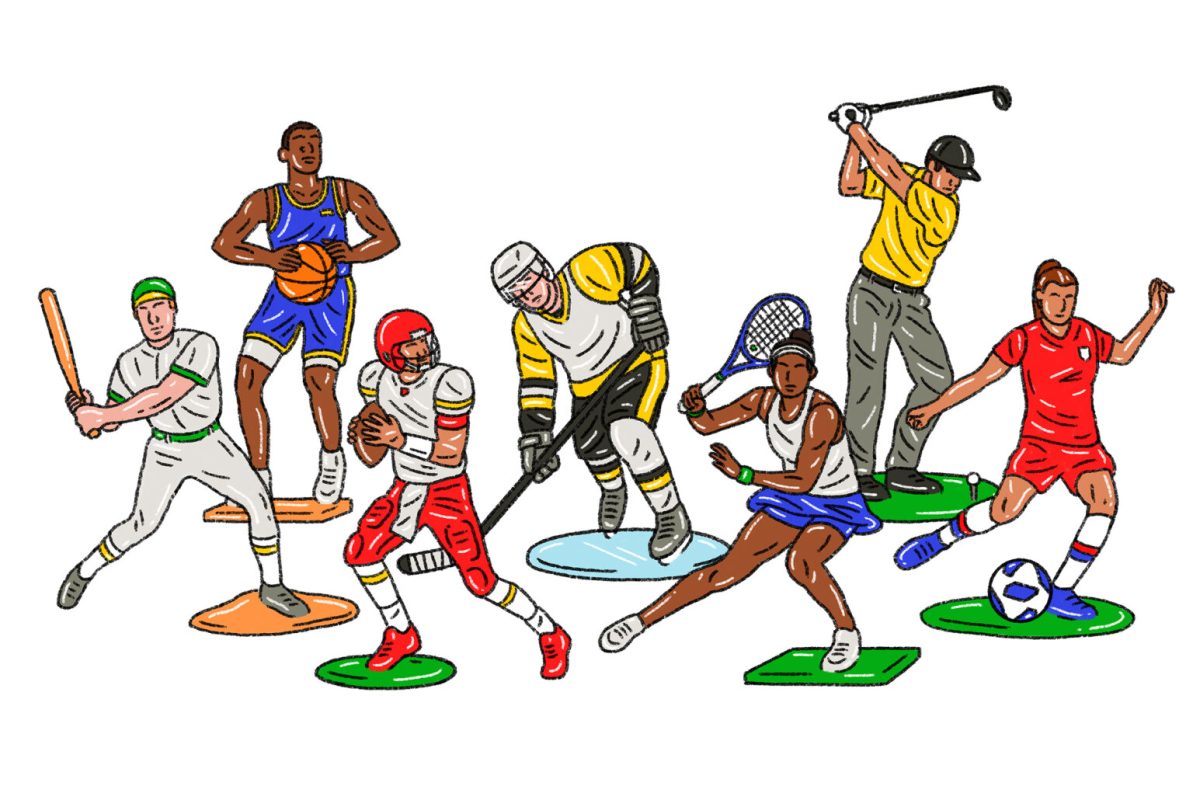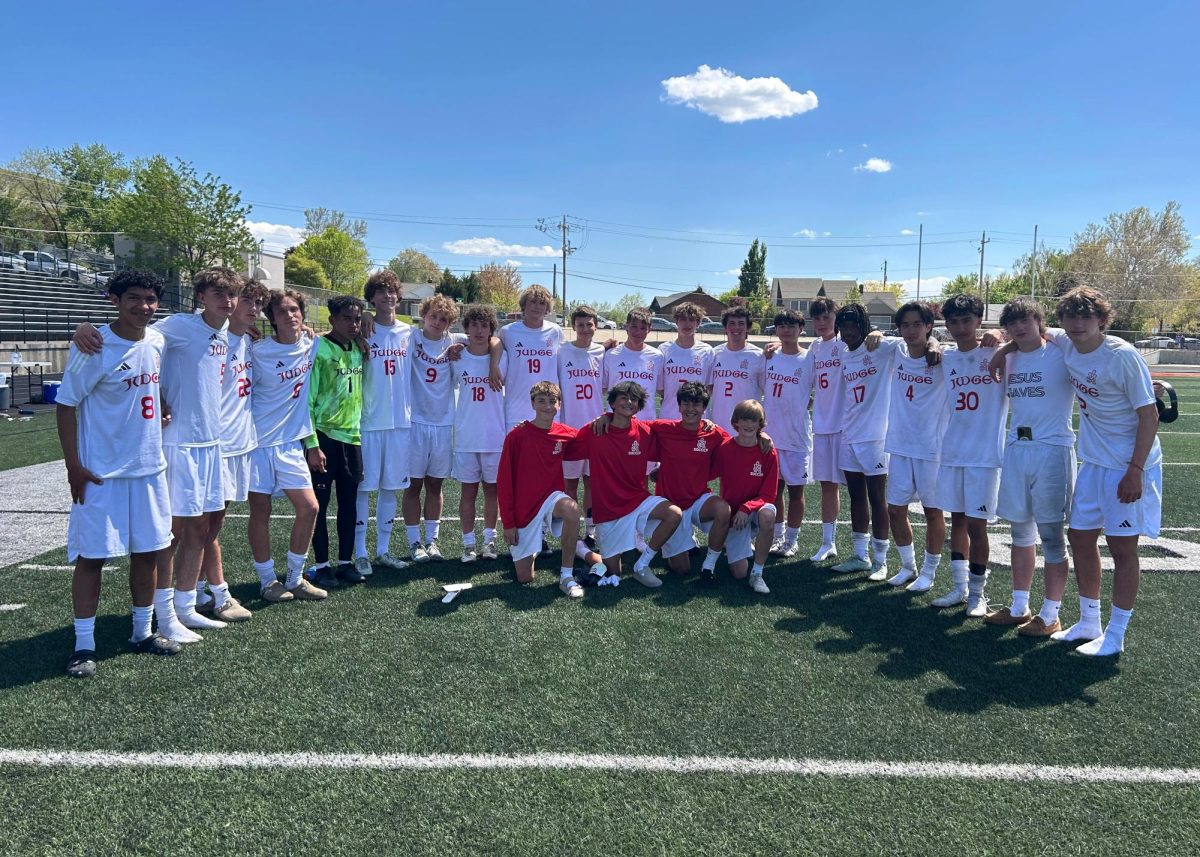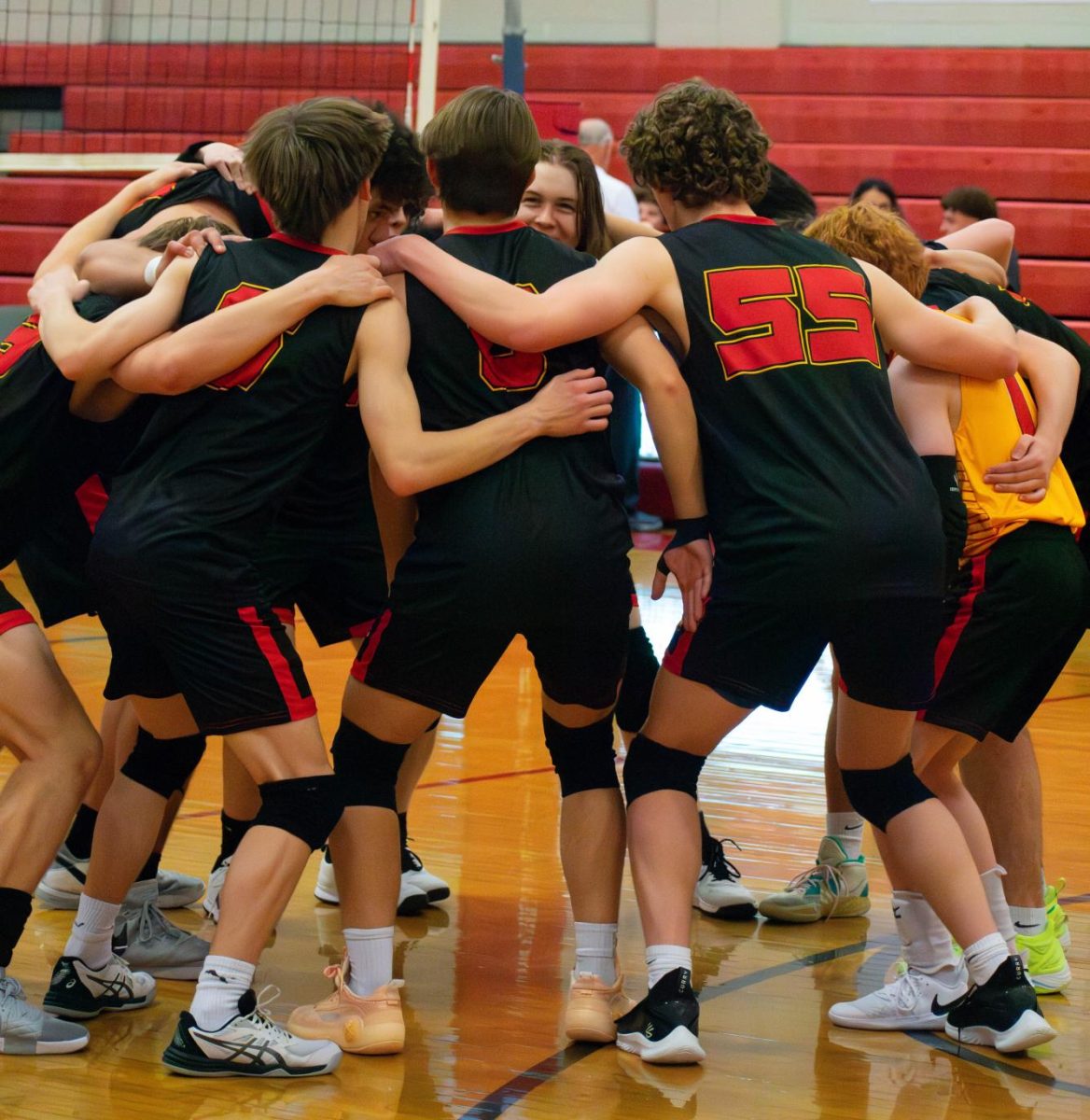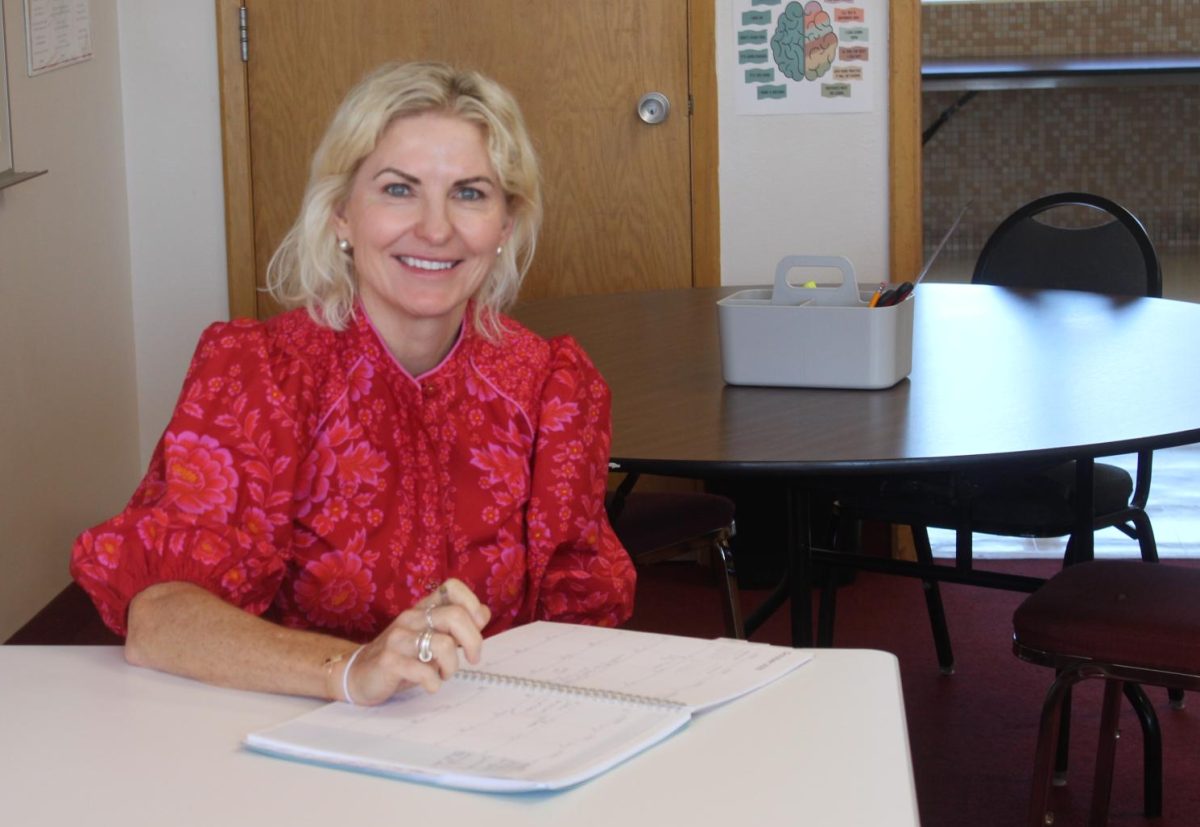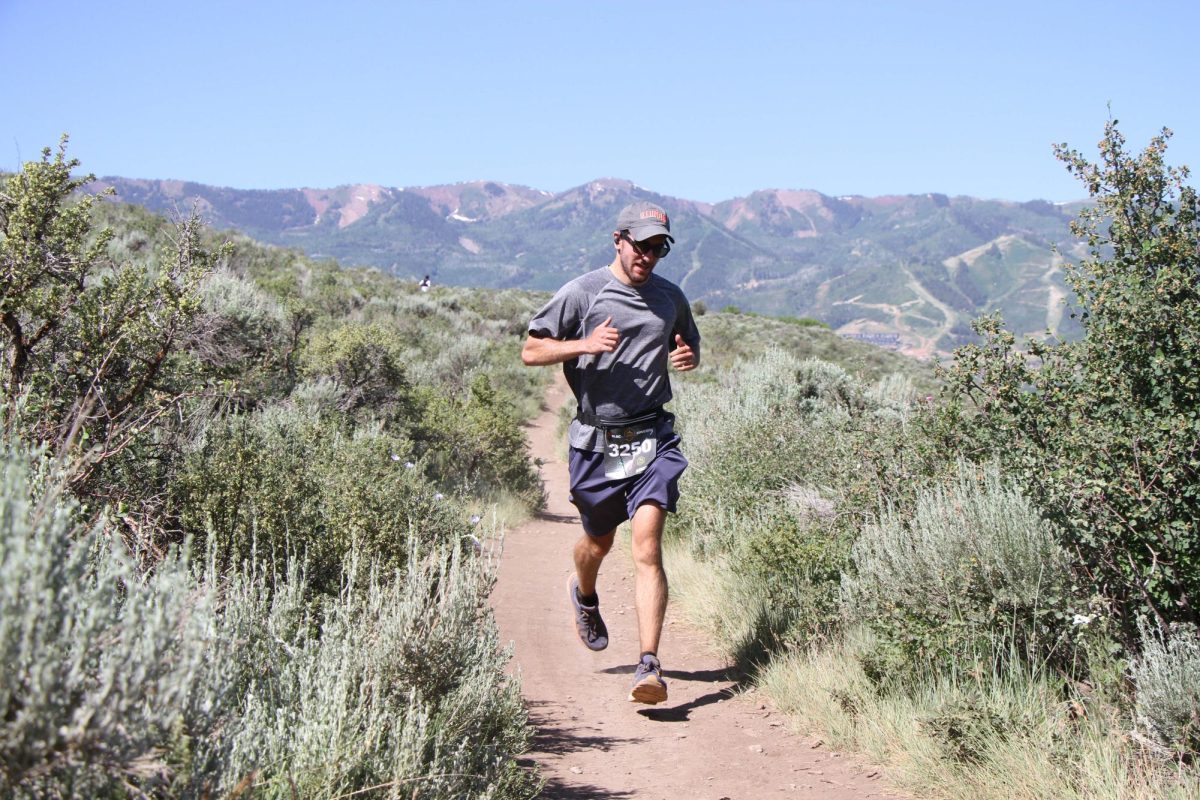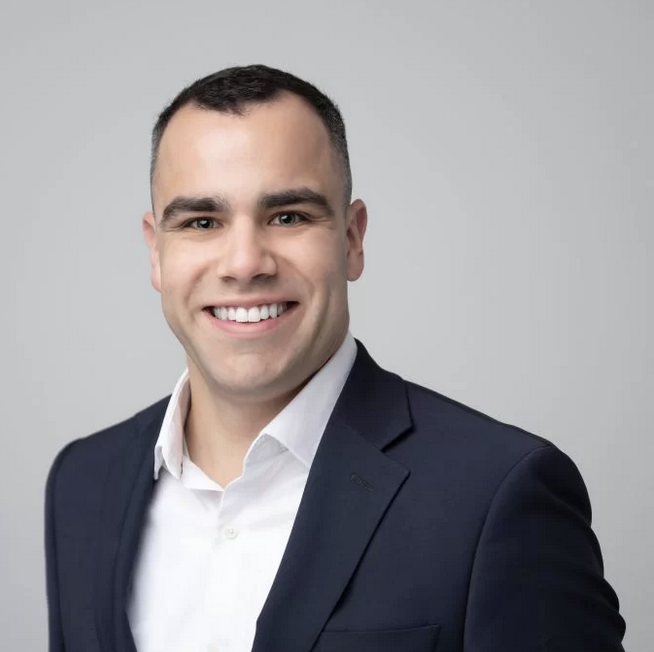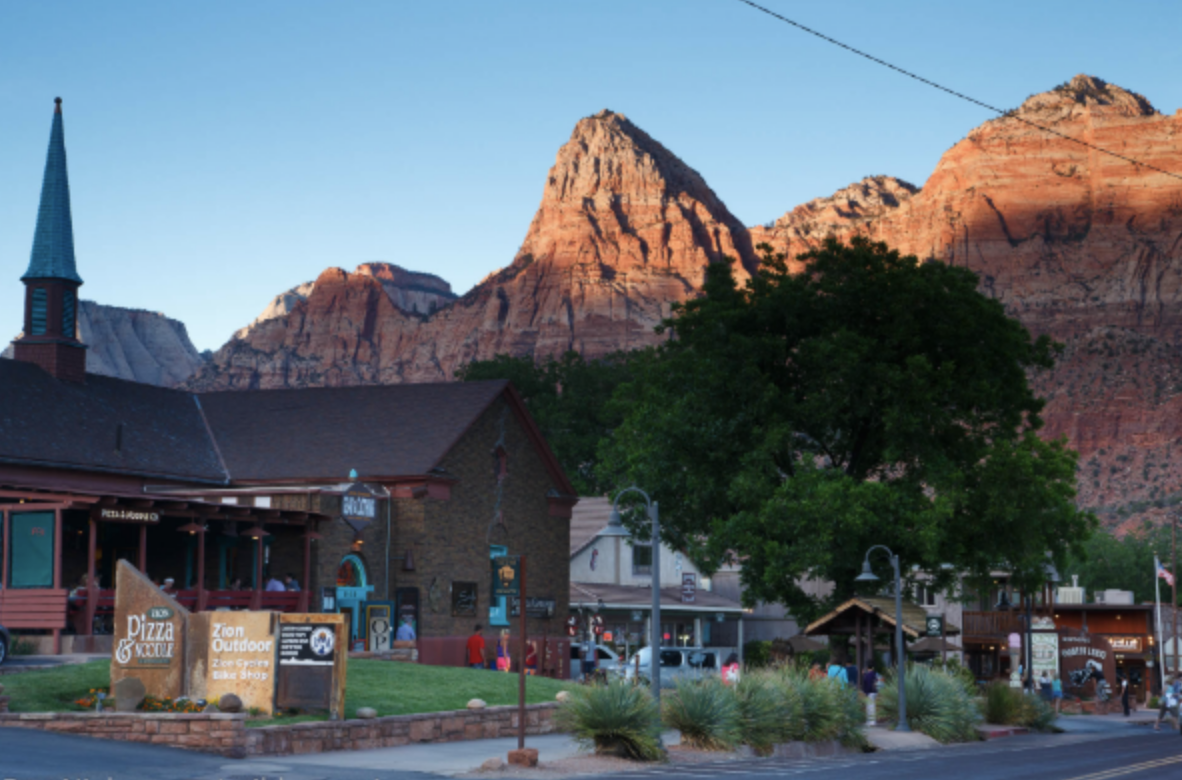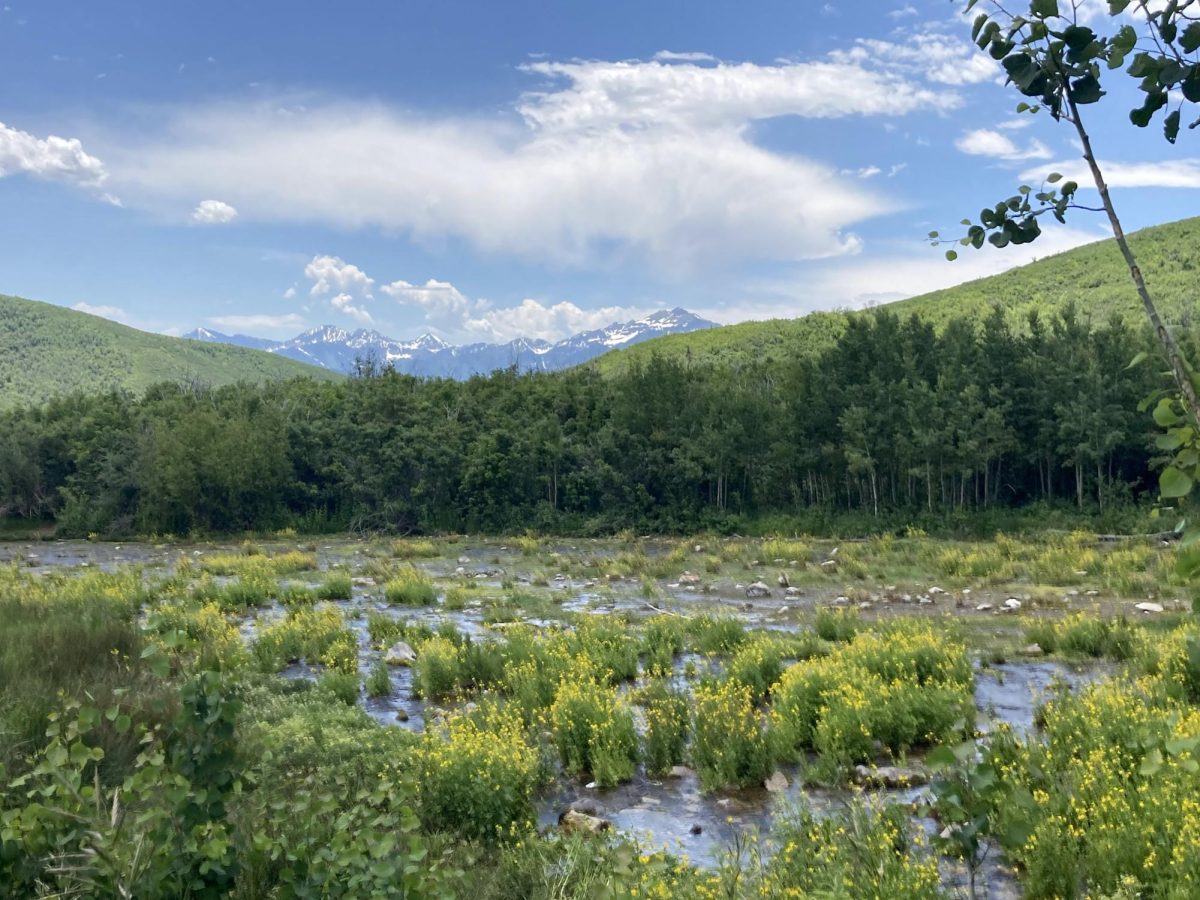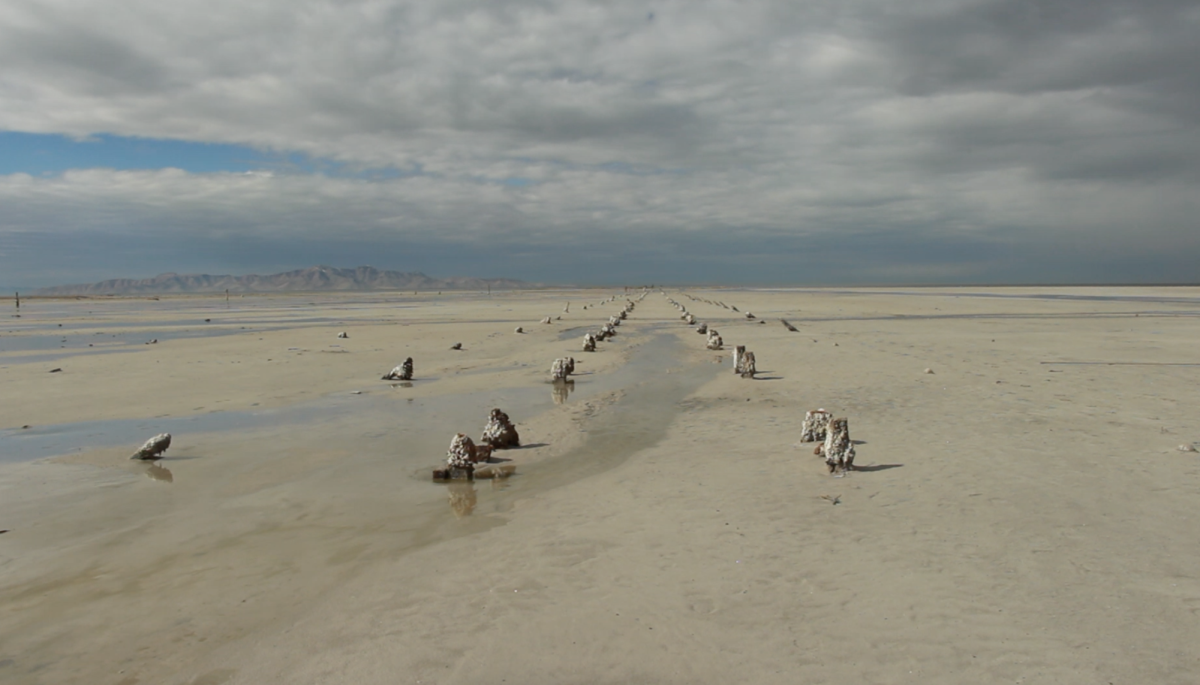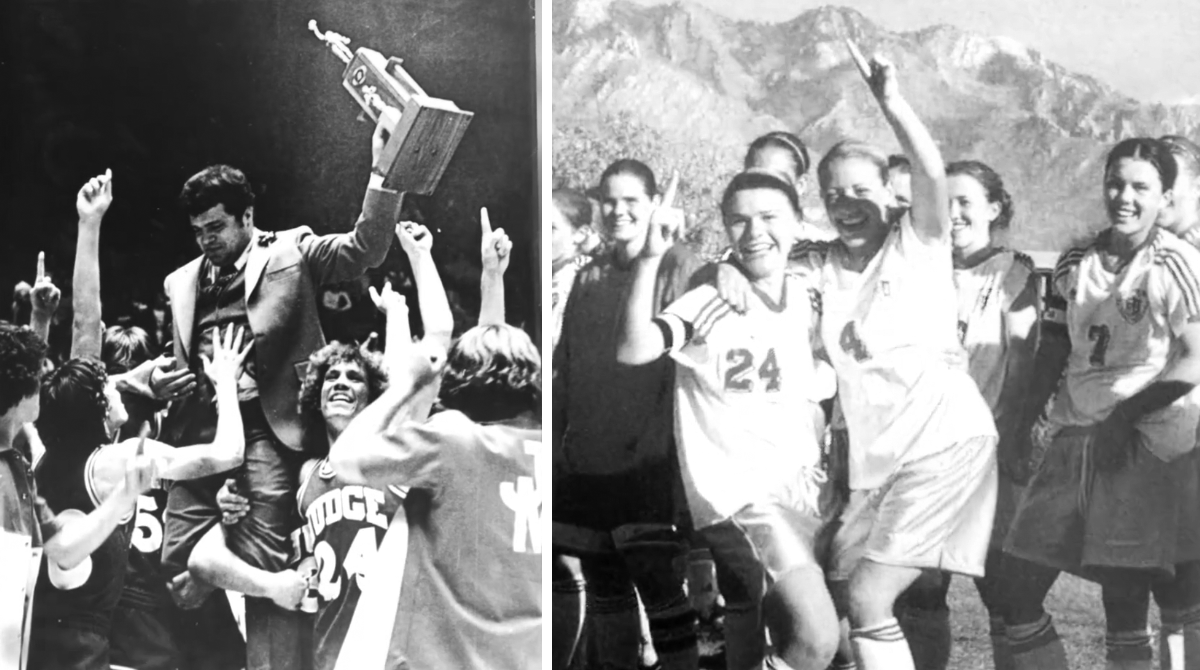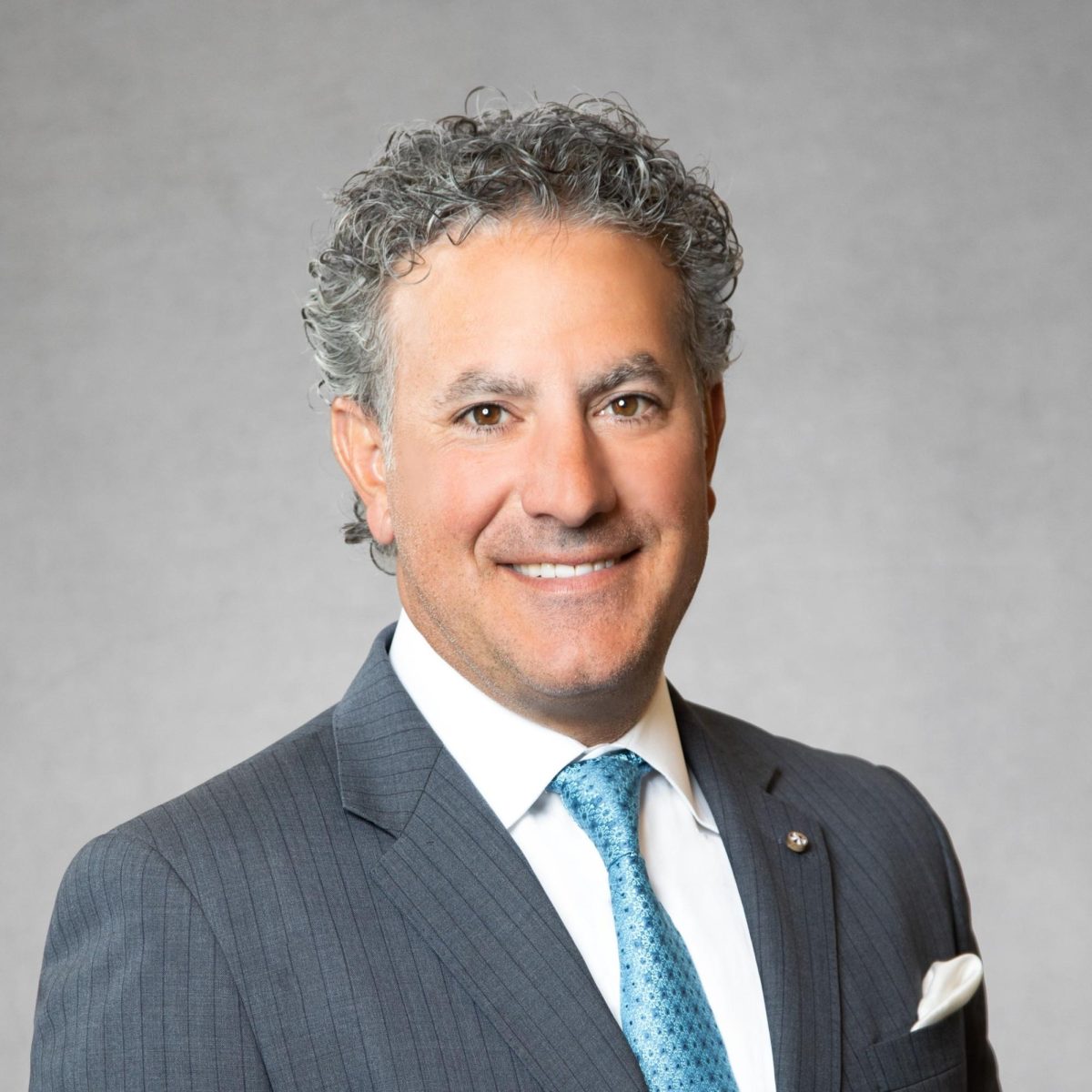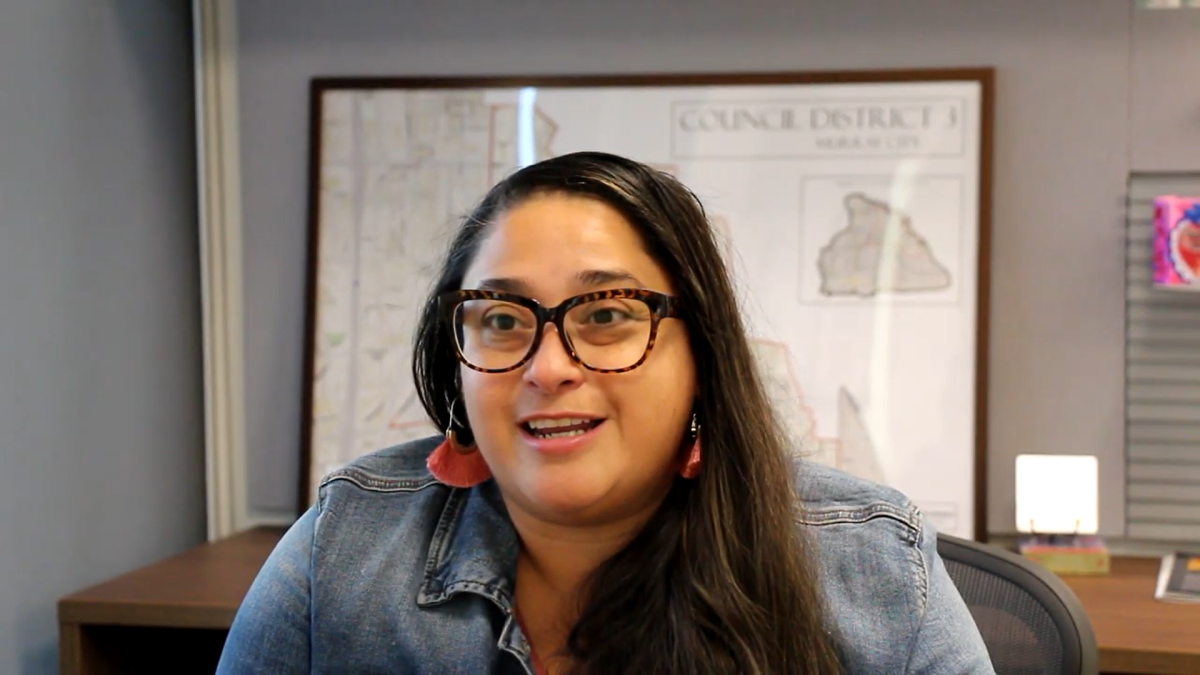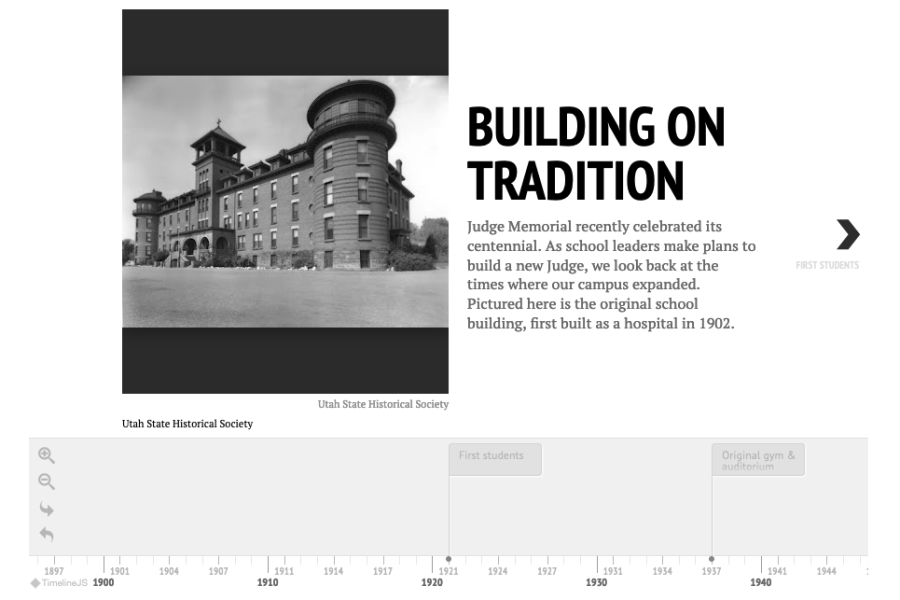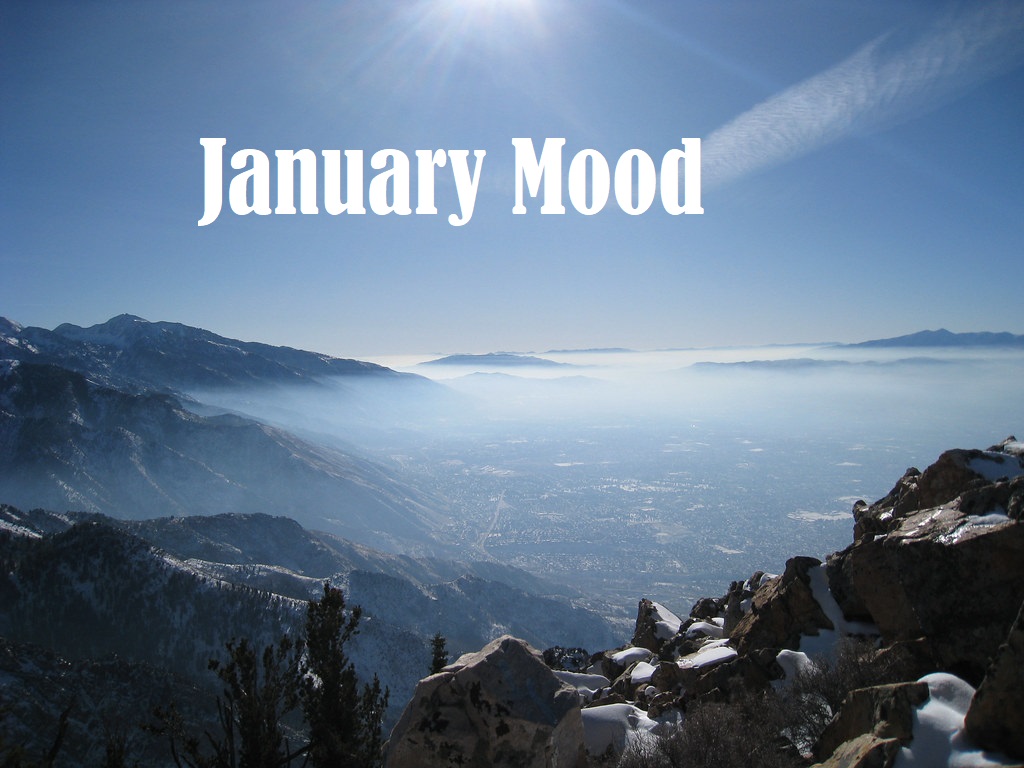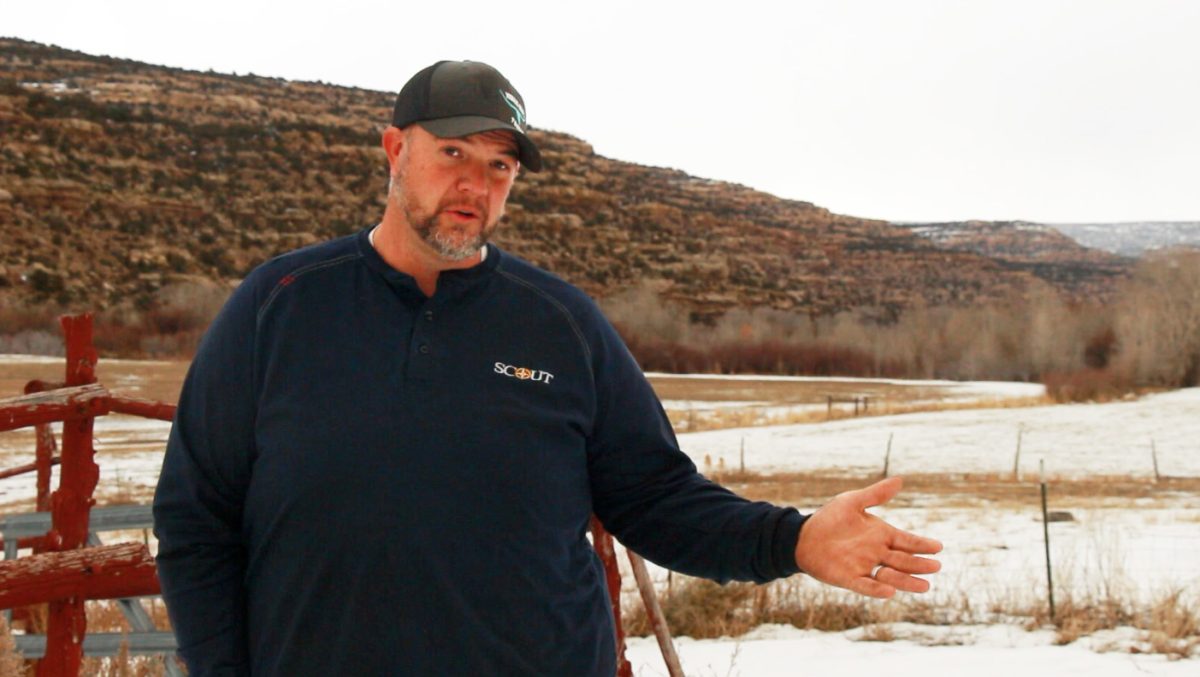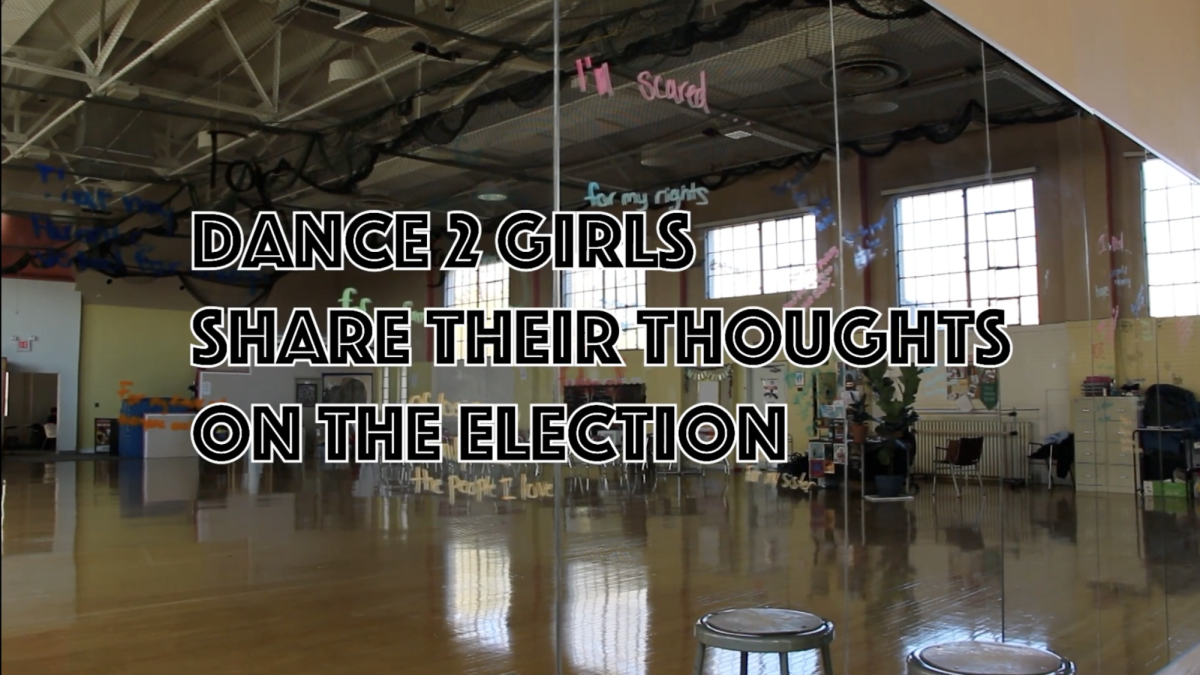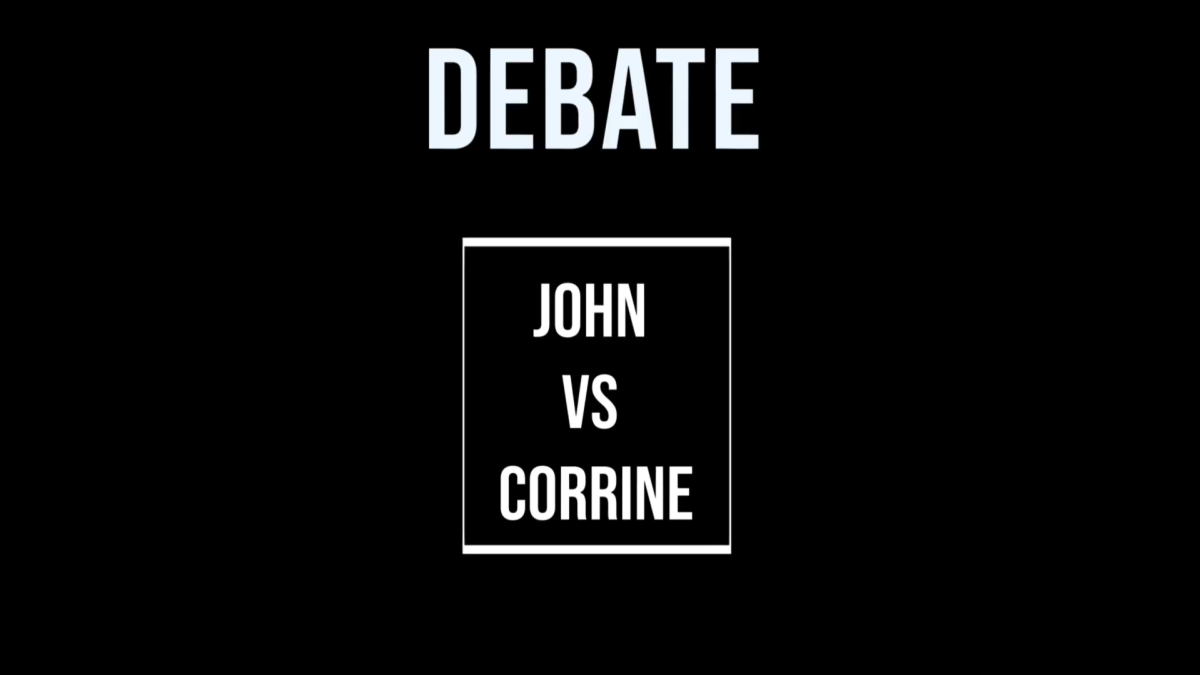Corrine: What is your name?
Judd: Judd Roberts
Corrine: How long have you or your family been in ranching?
Judd: I’ve been ranching personally for about 20 years. Kind of on and off full time and not full time. Probably a four generational farmer though, four generations of farmers and ranchers.
Corrine: That’s awesome. What do you like most about your work?
Judd: I like that I’m providing an essential for people. I like to think of it as I’m feeding probably 1000 people a year with what I do. And other things too with with hay. I feed other people’s animals that are part of their families as well. So just feeling like you’re what you do matters is pretty rewarding.
Corrine: If a water right goes unused for seven years, it can be taken away and given to someone else creating a sort of “use it or lose it” mentality. Despite some recent low water years, do you often find yourself or the other ranchers using water that you wouldn’t otherwise necessarily need? To use to keep those rights?
Judd: To use to keep those rights in the past, especially with farming full time, on a bigger operation, we would go out of our way to make sure we were farming places that we didn’t necessarily usually farm or needed to farm just to reserve those water rights and to make sure we’re using the water or we lose it. So yeah, you’re exactly right. Like you do find yourself using them, just to not lose them.
Corrine: Senate Bill 18, which just passed the Utah State House of Representatives, enables farmers to sell extra water often found by water saving technologies after a seven-year period of non use. If you had a surplus of water for seven-year period, would you personally consider selling those water rights? Or would you keep it just in case of super low water years?
Judd: Me personally, I would keep them, and I would probably recommend anyone to keep them just because I think it’s pretty essential. I think a lot of times the big money is usually in recreation, and those are the type of things that is going to get bought for things like golf courses and things like that. So I would hate to see water that could be used to feed people to be used for just recreation, nonessential things, so in the chance and with the way that the droughts have happened like we’ve we’ve been going through a drought. Last year was a recovery but the year before that, we were all scraping trying to figure out where to save and and we got cut back quite a bit. So I would say for years like that, you just want to hold on to.
Corrine: Even though you may not personally sell your water, would you support this bill which would enable farmers to sell their water?
Judd: I think it should be up to the farmer. It shouldn’t be something that the state or the government controls. It should be your choice. I don’t think it’s wise for Utah to sell our natural resources out of state like California or Nevada. I think it’s important that we keep those resources here. I would say if you are selling them to support the Great Salt Lake, because it’s very important to our ecosystem. That’s something I can see myself. It’s a necessity for me to actually be able to have my place and my water if the Great Salt Lake thrive. So I could see me saying, ‘okay, there’s an essential there, and maybe more important than mine’ and maybe possibly selling it. I would recommend something like that, versus selling it to to California just to support their bad habits.
Corrine: Are you concerned that at some point that Duchesne river will dry up or get to the point where you won’t have enough water to farm?
Judd: I think it’s always concerned when you see these drought patterns. That last drought we ran pretty severe, and I think we’ve seen those in the past. So yeah, I think it’s always a concern. My bigger concern than our water drying up would be the government overreach to come in and say, ‘Hey, we’re just going to take it’ because they did back in in 2022. They did actually say ‘okay, we’re gonna assess this. We’re gonna assess, assess the Duchesne river.’ That’s my bigger concern than the drought drying drying up the river. And a lot of times they take more than they should. So that’s my bigger concern than actual drought. For sure.
Corrine: What would you like Utah citizens and lawmakers to know about water rights?
Judd: I think it’s important for us to realize that essentials are should always be priority. And farming is essential. Like it’s not just essential for me to make money. Land for farming is actually decreasing all the time as populations are growing. And so there’s they’re becoming an issue where you need to have these farms have to survive. And so if we lose the water, the land is really not gonna provide us anything. So I think it’s important for Utahns and the legislature to know that you have to prioritize the rural areas and make sure that they have the water to continue to to feed people.

